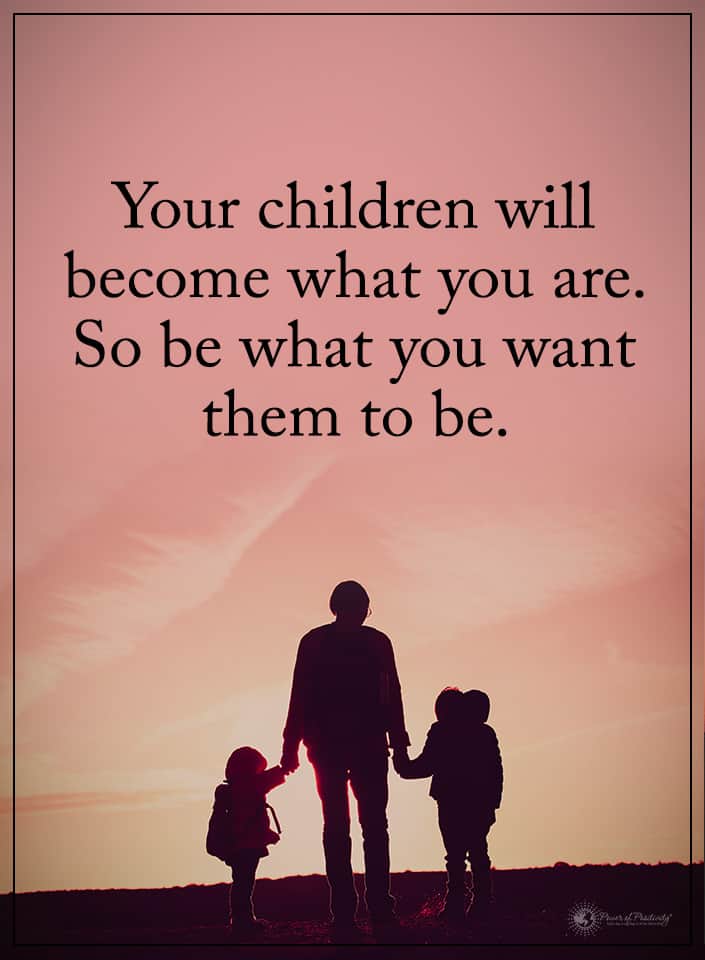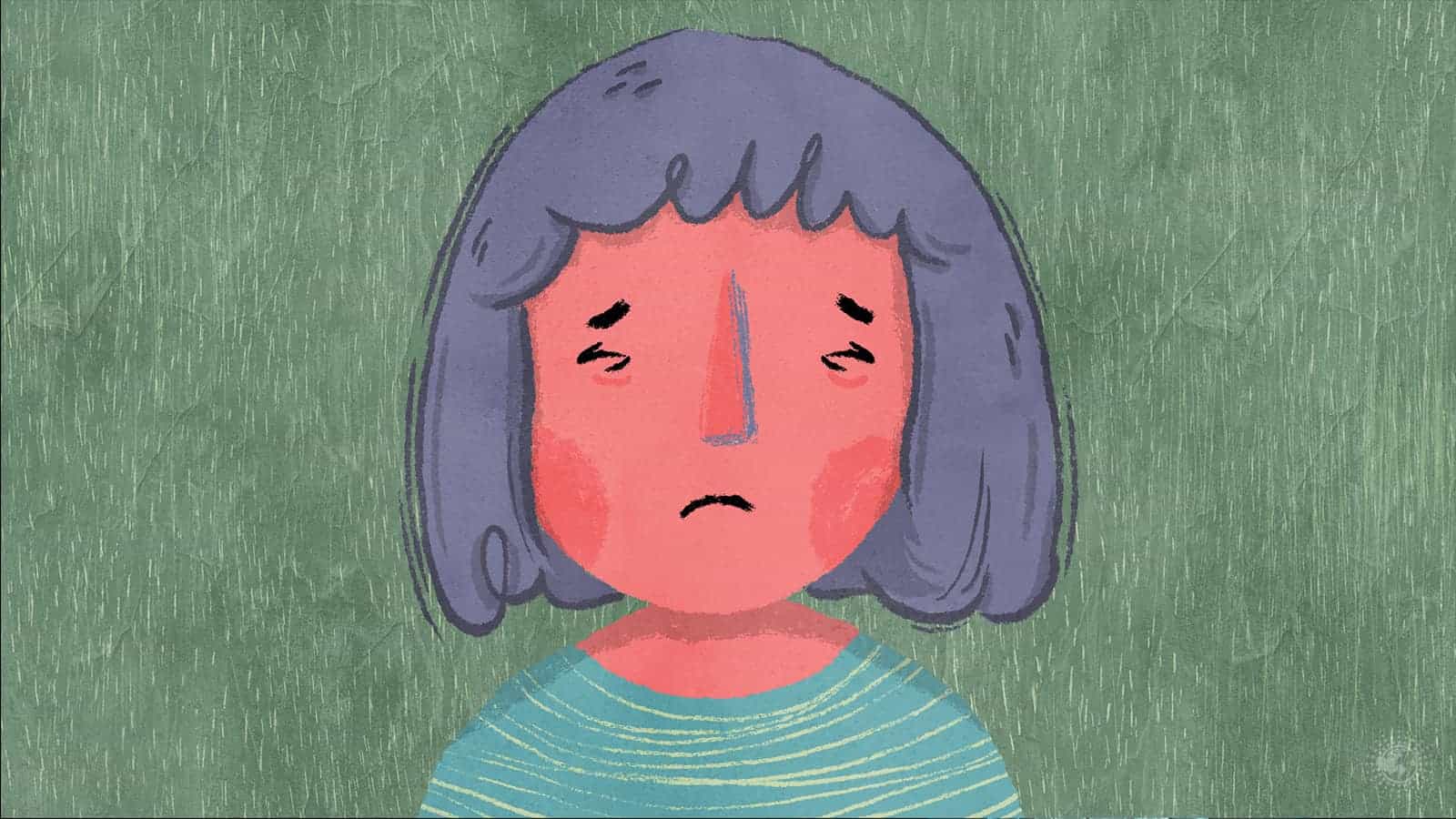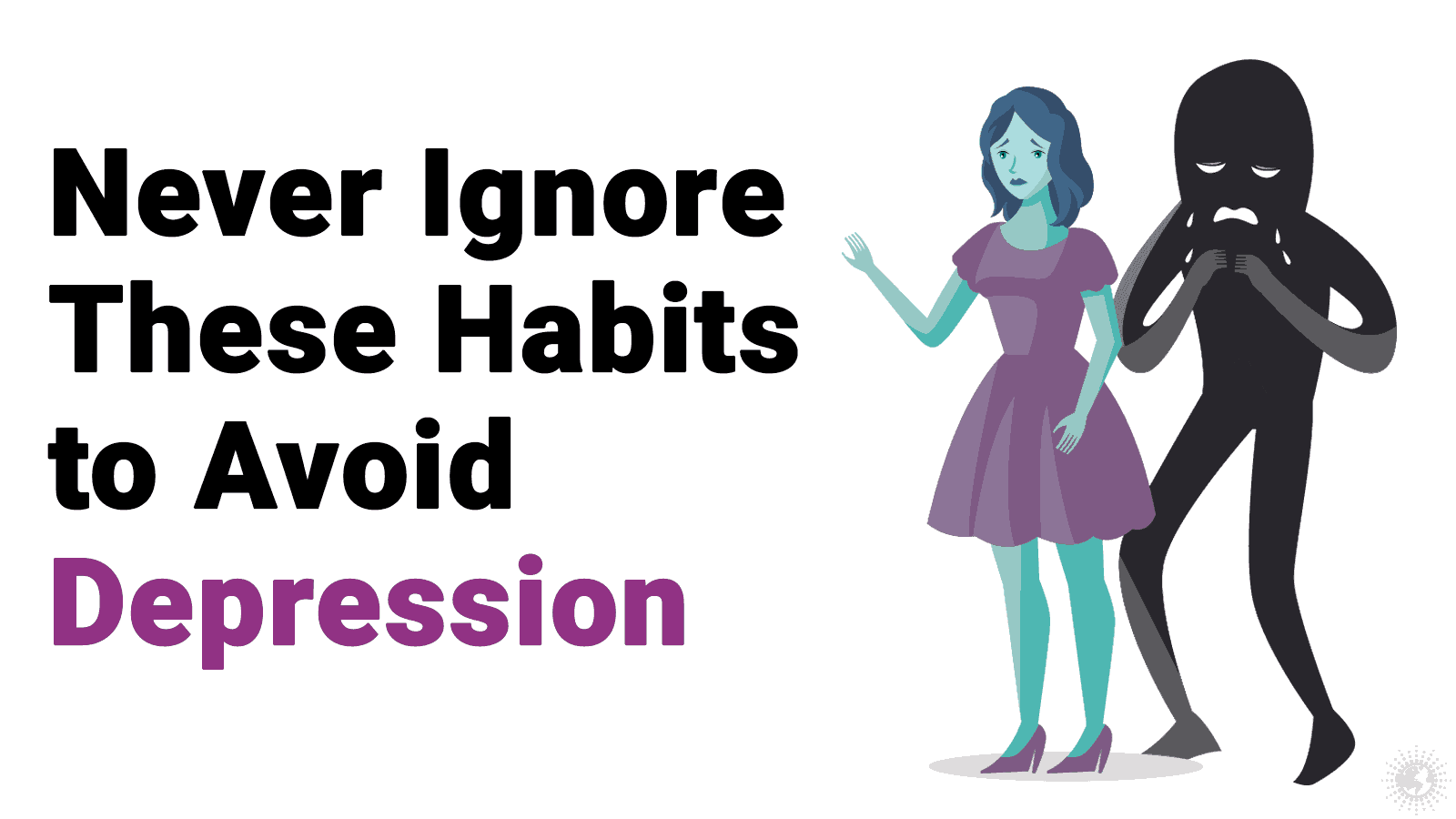Unfortunately, many parents do not know how to identify the most prevalent symptoms of depression in children.
If you’re like most people, then you think depression only happens to adults. Sadly, the Center for Disease Controls states that 3.7 percent of children ages 3-17 are depressed. The symptoms of depression in children are not always so apparent, and there doesn’t need to be any significant life influence for them to feel this way either.
Even when the skies are sunny, and life seems to be going okay, a child can become depressed due to a chemical imbalance, much like an adult. As a parent, teacher, relative, or someone who interacts with the younger crowd, you must learn how to recognize the signs of depression in children and know when to get help.
Regrettably, the suicide rate has risen to 14 children per 100,000. Recognizing the cries for help is imperative to saving the next generation. Do you know the signs to look for?
Nine Signs of Childhood Depression
Whether it’s a child or adult, someone who is depressed or has the blues for longer than two weeks is considered to have a Major Depressive Episode. If a child is feeling “down in the dumps” or hopeless, it should be evaluated. To be considered depressed, a child must have five of these symptoms below for at least two weeks.
 These signs of depression in children are as follows:
These signs of depression in children are as follows:
- Deep feelings of sadness that last for at least two weeks. Children may act irritable more so than depressed.
- Loss of interest in things they love
- Significant changes in weight – either gain or loss of several pounds
- Insomnia
- Disruptions to or shifts in their sleep patterns
- Psychomotor agitation
- Chronic fatigue
- A feeling of helpless, hopeless, or worthless
- Infatuated with death, dying, or suicide
We should note that children who experience a traumatic event in their lives, like the loss of a loved one, will go through the stages of grief. Since depression is part of those stages, it’s expected that they would suffer from these feelings.
However, if it appears that they are stuck in this phase, then counseling to help them process their feelings is advisable. It’s essential that you know and can recognize the symptoms of depression in children.
Getting Professional Help for Childhood Depression
Noticing the symptoms of depression in children is not always easy. You may think your child is having problems with a classmate or is a victim of bullying. However, you shouldn’t take depression lightly as suicide is the number two cause of death in people from 10-34 years of age.
If your child meets the criteria for Major Depressive Disorder, you must take them to their pediatrician or mental health professional. Depending on their age, it may be hard to get them the help they need. There is still much stigma and doubt about childhood depression in the medical community.
While the first line of treatment in adults with depression is anti-depressant medication, doctors are initially cautious about putting children on such medicines. Therapy is the primary treatment that should be explored before going down the path of prescription medications. Additionally, many herbal remedies may help.
• Testing
Though there is no blood test or x-ray that can confirm or deny the presence of depression, doctors use the Diagnostic and Statistical Manual of Mental Disorders as their guide. They can also use the following tools:
- The CDRS or Children’s Depression Rating Scale
- The CDI or Children’s Depression Inventory
- CGI or Clinical Global Impression
• Therapy
Today’s therapy has evolved greatly. When considering the symptoms of depression in children, the key is to find a therapist that is well versed in this type of chronic sadness in kids.
Play therapy is the most utilized type of counseling used in children as children can communicate better when using toys and devices rather than just talking about their problems. Another beneficial kind of counseling is Cognitive Behavioral Therapy is another method that is quite helpful and better for the older child.
What Can Parents Do When They See the Symptoms of Depression in Children?
The symptoms of depression in children are often not the easiest to spot, especially since kids tend to be moody anyway. Outside of seeking professional help, here are a few things that you can do to help your child.
1. Talk to Your Child
Strive to have an open dialogue with your child about all things, and then when something like this arises, you know that they will communicate with you. Rather than hitting them point-blank with questions, they may not be able to answer. Instead, try engaging in play therapy. Your child will love nothing more than playing a board game or taking a walk with you. A Psychiatry article suggests that this habit is a way to help children express their feelings more clearly when they lack vocabulary skills.
Younger children cannot rationalize things, so you should try to stick with questions that they can answer a simple yes or no. If they are being honest and pouring out their heart to you, try not to be judgmental. When you’re not receptive to what they have to say, they can shut down and refuse to open further.
During your conversations, there may be times where your child has nothing to say. Don’t push or prod them for information as your child may need time to process both their emotions and thoughts. Silence is helpful at times and gives them the space they need.
2. Give Them Ways to Relax and De-stress
It’s easy to get smaller children to relax as you can engage them with painting, coloring, playing in a sandbox, or with playdough. Find tasks that are age-appropriate and keep their mind occupied.
Child psychiatrists continue to study the link between watching tv and feeling depressed. Studies are showing mixed results. For a best practice, do not place your little ones in front of a television screen and expect it to take their problems away magically.
3. Limit Technology
You’re busy, and you need your child to engage in activities that don’t always involve you. However, it would help if you never used technological devices as a babysitter. Sure, these devices provide an escape, but they also don’t encourage your child to open and talk to you.
The American Pediatric Association recommends no more than two hours each day of screen time. The time frame includes video games, television, laptops, smartphones, and any other electronic device. Additionally, children that are engaged in video games all the time are at a higher rate of developing depression or anxiety.
Give your children constructive ways to manage their time. They will enjoy hiking, crafting, riding their bike, or drawing. Kids these days have become dependent on their screen time and would rather forgo any other activities. This is not healthy for the child.
Most kids aren’t going to listen when you tell them to go outside and play. Children of today need structured activities as kids’ creative mindset is not the same as in previous decades. It may require that you get involved and go outside with them to engage in activities, mainly if the symptoms of depression in children are present.
4. Break Down Tasks to Simplify Things
Children become overwhelmed when they are given a bunch of tasks to do at once. They need things broken down into smaller parts. You don’t want to overwhelm your child with anything, so learn how to delegate correctly so that they can master the task at hand.
Don’t get frustrated if you must talk your child through each phase of what they must do. Completing smaller tasks may be aggravating to a child whose mind is going 101 directions. Also, be willing to work alongside your child. Be someone who pitches in to help and not a dictator.
5. Create a Positive Atmosphere
Your children don’t need to know or deal with your adult problems. If there are financial troubles, then make sure you keep those conversations behind closed doors. Don’t let them hear you arguing or see any physical violence between you and your partner.
It would help if you created a haven for your family that is free of emotional and physical altercations. If you want your child to feel safe and stable, you must create an atmosphere conducive to that life.
 Final Thoughts on Effectively Recognizing the Symptoms of Depression in Children
Final Thoughts on Effectively Recognizing the Symptoms of Depression in Children
The chances are good that your child will have at least one period of depression in their young life. While they may not need medication, they will need your love, support, and guidance during this difficult time. While everyone thinks it won’t happen to their child, you must always be on guard and watching for suicidal tendencies or ideation.
When your children go through these periods, you must keep all alcohol, prescription medications, and weapons locked away. A child that is depressed has a higher chance of abusing substances as well as contemplating suicide.
If you recognize the symptoms of depression in children occurring with one of your kids, then you need to get help immediately. In many cases, depression won’t get better without help.


















